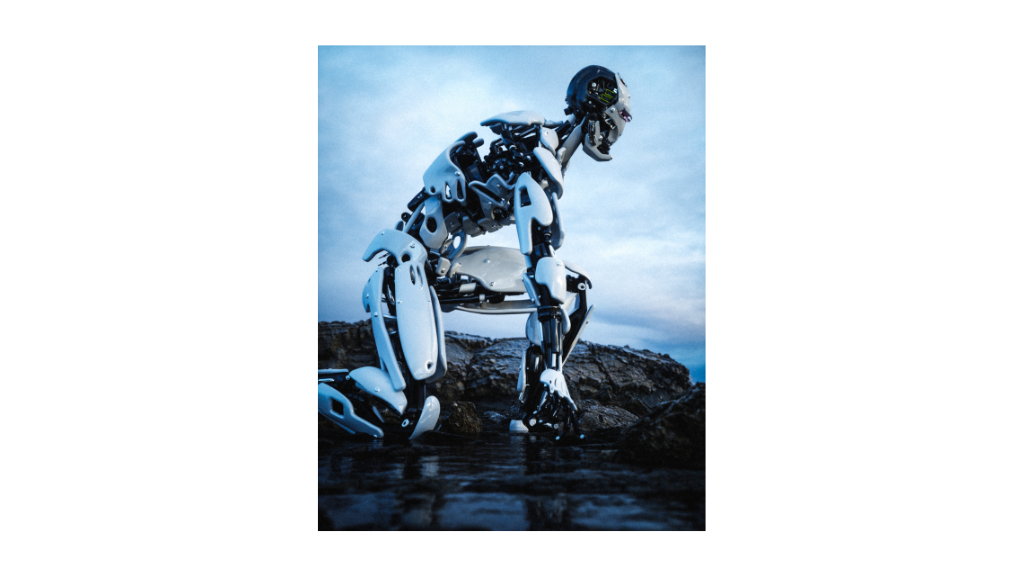Artificial Intelligence in particular may have the biggest impact on us humans in our entire history. Faced with the spread of quickly learning AI, we need to be cautious and question whether we can master this technology sufficiently and what consequences this largely
uncontrolled process may have for society. We should dwell on the fundamental question: “What kind of 'intelligence' are we encouraging?”
Since 2018, the European Buddhist Union, represented by its President Ron Eichhorn and Vice President Stefano Bettera, has been actively contributing to the Ethics Guidelines for Trustworthy AI by the EU commission, as part of the dialogue pertaining to Article 17 of the
Lisbon Treaty. We suggested, that all developers and implementers of AI within the EU should be trained in ethics and that there should be a certification process ensuring that those who train AI, should themselves be educated in ethics.
We also strongly suggested that all levels of society have to have access to the benefits of AI. Especially in health care and education, the use of AI could lead to an even greater rift between wealthy and poor citizens, as many times new technology is also expensive at the beginning and hence only accessible to those who can afford it. Both our suggestions
were accepted.
The EBU sees AI as an opportunity and also a challenge. Where is our place, when technology is smarter and possibly more powerful than us? While AI may have intelligence, we have to remember that a core quality of being human is kindness and the ability to create relationships that define us precisely as human beings: being kind to all sentient beings and having compassion for all those who suffer, is becoming more important than ever. It is equally important to take care of this fragility and consciously
preserve precisely those aspects of humanity that the indiscriminate use of new technologies calls into question.
We also have the ability to realize who and what we are. In Buddhism, we express this with the four seals, the first of which being that “all compounded and conditioned things are impermanent”. It is our collective task to be mindful of our environment and we should realize the interdependence of all existence, technology included. The human mind is more than just intelligence, and it is able to grasp and attain the highest meanings. AI itself should be seen as a tool, and it is our responsibility that we use it correctly and not let it dominate us.
represent Buddhists on an European level
